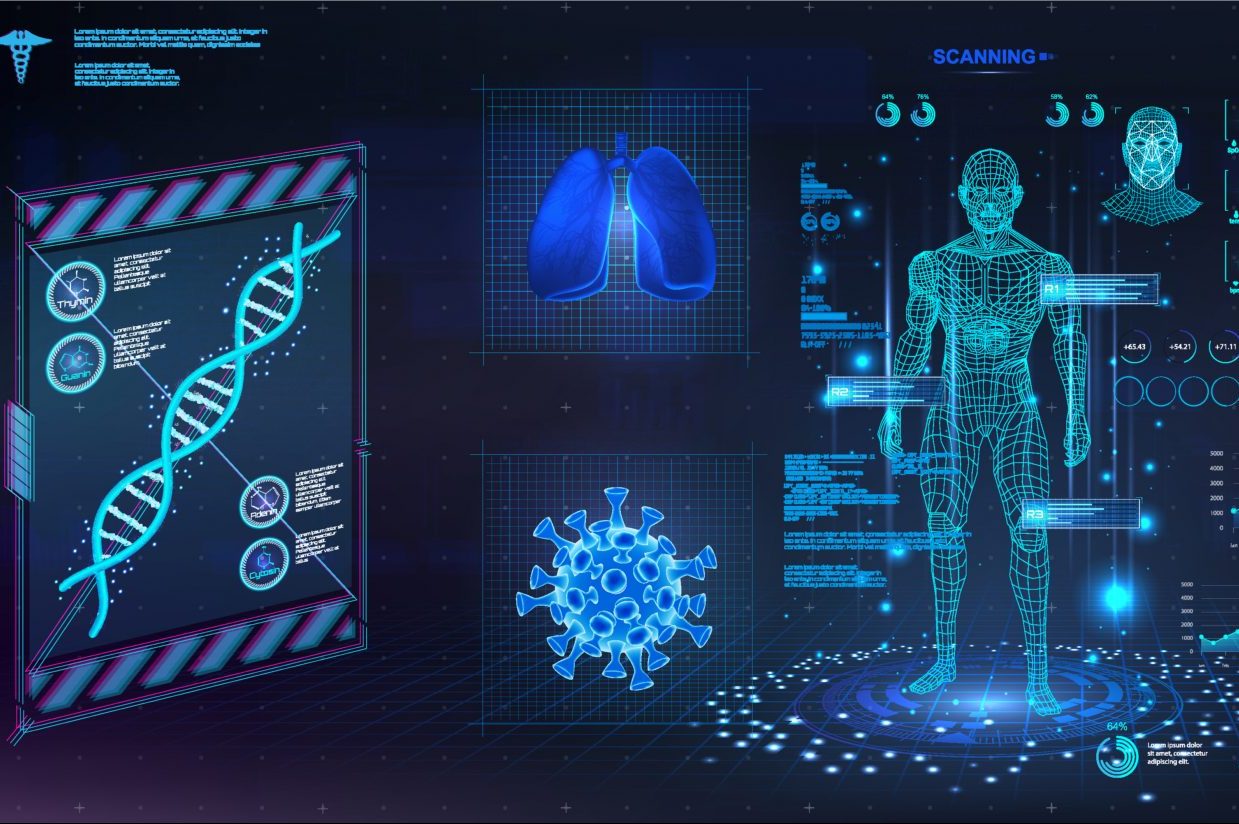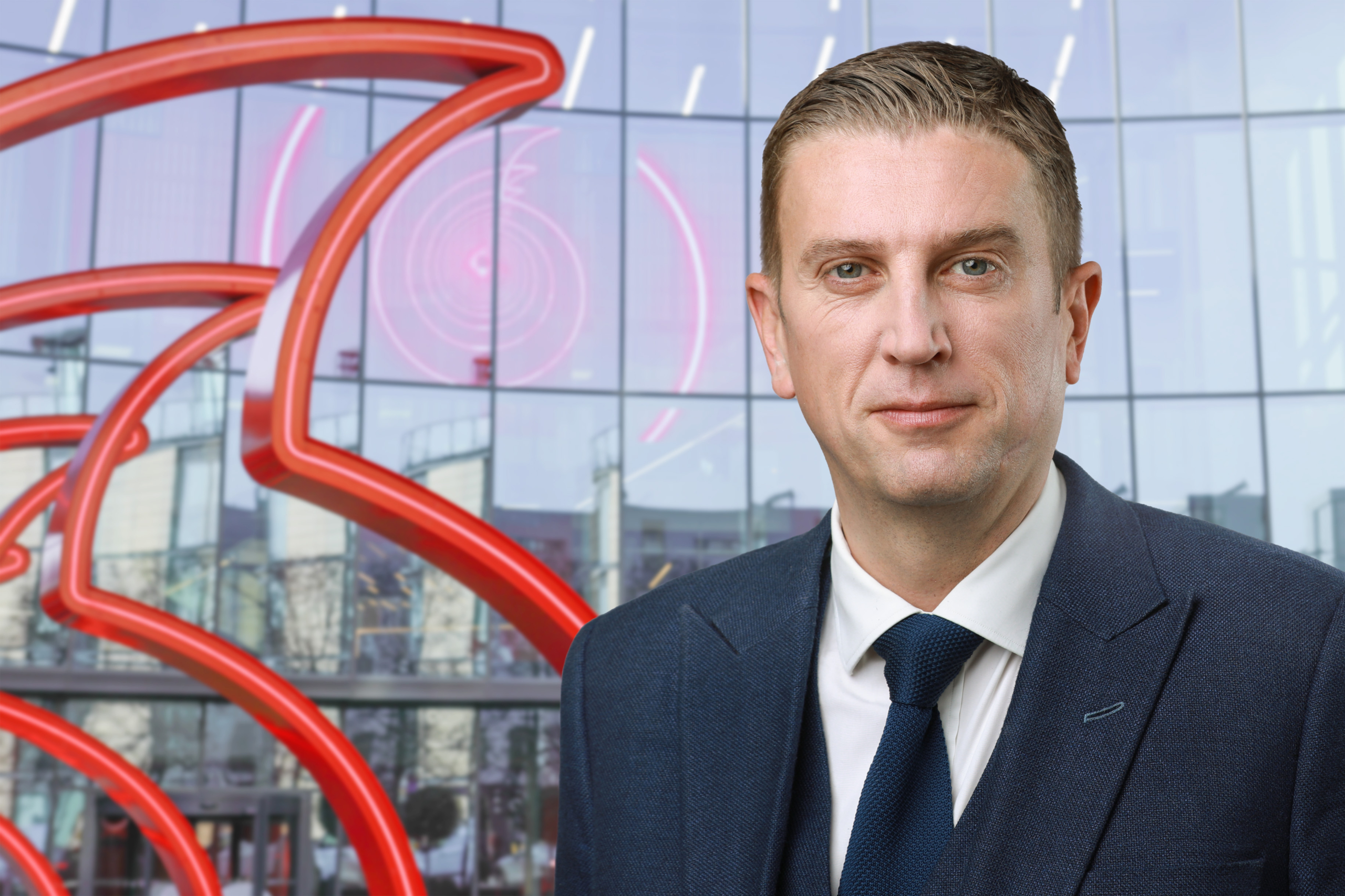
A healthcare system fit for the 21st Century needs to embrace the very latest technology, argues Anne Sheehan, Business Director, Vodafone UK.
The UK’s National Health Service (NHS) has undoubtedly risen to the challenge presented by the COVID-19 pandemic.
Through innovation and hard work, it changed its ways of working at speed, with technology central to its ability to continue functioning effectively and serving the people who depend on it. The rapid changes to the ways NHS staff interacted with each other and with patients while maintaining social distancing would simply not have been possible without digital technology.
- Download our report – Better health, connected health – here.
It helped transform the NHS at short notice and at a critical time. But it promises even more in the future – particularly with the roll-out of 5G and Internet of Things (IoT) technologies. The possibilities unleashed by 5G and IoT touch almost every part of the healthcare system, from the visible – think of remotely assisted surgery, or drones carrying transplant organs and drugs between hospitals – to the unseen but vital – think of IoT-enabled hospital equipment management systems using sensors to monitor stock levels automatically.
Both NHS patients and staff stand to benefit from these technological innovations.
Public appetite for change
New polling carried out on behalf of Vodafone UK shows that a clear majority of the public want the NHS to use 5G and IoT applications. For example, four-out-of-five of those polled say they would like to see 5G-connected ambulances, and three-out-of-five back the use of 5G remote assisted surgery and drone technology, and believe that video consultations are more convenient than visiting a GP surgery or hospital in person.
A similar proportion (57%) would be comfortable having medical appointments via video even once the coronavirus pandemic is over.
Our polling shows very strong public support for the Government to increase the use of the latest digital technology in the NHS so that we future-proof the UK healthcare sector. In particular, the public believes that the 40 new NHS hospitals promised by the Government by 2030 should be fully equipped with the latest digital technology, including 5G.
This technology is already available and the NHS should take advantage of it now. We have a perfect opportunity to ensure that digital technology is designed in from the start, so that the hospitals of the future can use the technology of the future.
Helping the NHS
On behalf of Vodafone, I would like to thank everyone at the NHS for the work they have done over the last few months, and continue to do.
I’m really proud of the work Vodafone has done to support the NHS in dealing with the new challenges of COVID-19.
We doubled the calling capacity for the NHS 111 service to help it manage a huge increase in the number of people seeking advice remotely; provided free network support and technical assistance for the temporary Nightingale hospitals; enabled Wi-Fi calling connections for hospitals around the country; offered our customers who are NHS staff and care workers free unlimited mobile data for six months; and more.
We’ve done our bit, but by committing to make the NHS the world’s leading 5G healthcare provider, we think the Government can ensure healthcare professionals and workers have the very best technology they need to do their jobs effectively.
Healthcare has always been an early adopter of new technologies to help make it better, faster and more efficient. It is vital that the NHS be given the opportunity to maximise the benefits of the next big technological innovations, driven by 5G, as it has in the past.
- Follow @VodafoneUKNews on Twitter.

